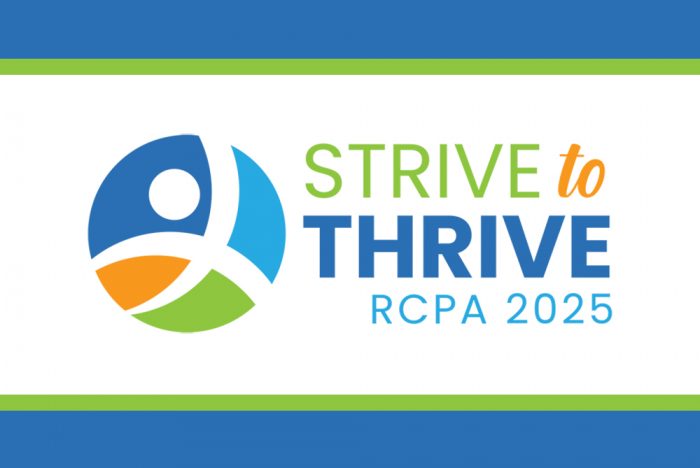The field of health and human services is shifting at a rapid pace, and it is vital for providers, advocates, and legal experts to remain up-to-date on policy as well as involved in the advocacy process. Among the over sixty workshops available, the RCPA 2025 Annual Conference Strive to Thrive will be holding several workshops tackling the federal landscape. Register today and join us at the Hershey Lodge September 9 – 12, 2025, to gain access to these informative workshops, which include:
- National Outlook: The Turbulent Landscape of 2025/26
- How To Survive a Payer Billing Audit — Straight From an Auditor’s Mouth
- Expanding Revenue Beyond Medicaid: New Funding Strategies for I/DD Providers
- Building Sustainable Community Advisory Councils for Impactful Legislative Advocacy
At a local level, the RCPA Conference is working with the Department of Human Services to bring information straight to attendees, with workshops such as:
- State of the State
- Office of Developmental Programs Policy Updates and Forecast for 2026
- PA Navigate: Connecting Pennsylvanians to Needed Social Services
- Updates and Discussion With the Office of Long-Term Living
- Behavioral Health Treatment in Pennsylvania: Where We Are, Where We Are Going
Early bird registration rates end this Friday, August 8, so don’t delay in reserving your spot for these workshops and more! View our Registration Brochure for complete details of the conference schedule and speakers, and be sure to check the RCPA Conference website regularly for details and updates to the schedule, registration, and sponsors/exhibitors. Register today!
Opportunities for sponsorships and advertising are still available, but EXHIBIT BOOTHS ARE OFFICIALLY SOLD OUT! We are grateful to all our sponsors and exhibitors who help make the conference happen. If your organization is interested in sponsoring or advertising at our conference, all information is available in our Sponsor, Exhibit, and Advertise Brochure. Contact Carol Ferenz, Conference Coordinator, for more details.
Thank you to our Sponsors and Exhibitors! We are grateful for your support!
















